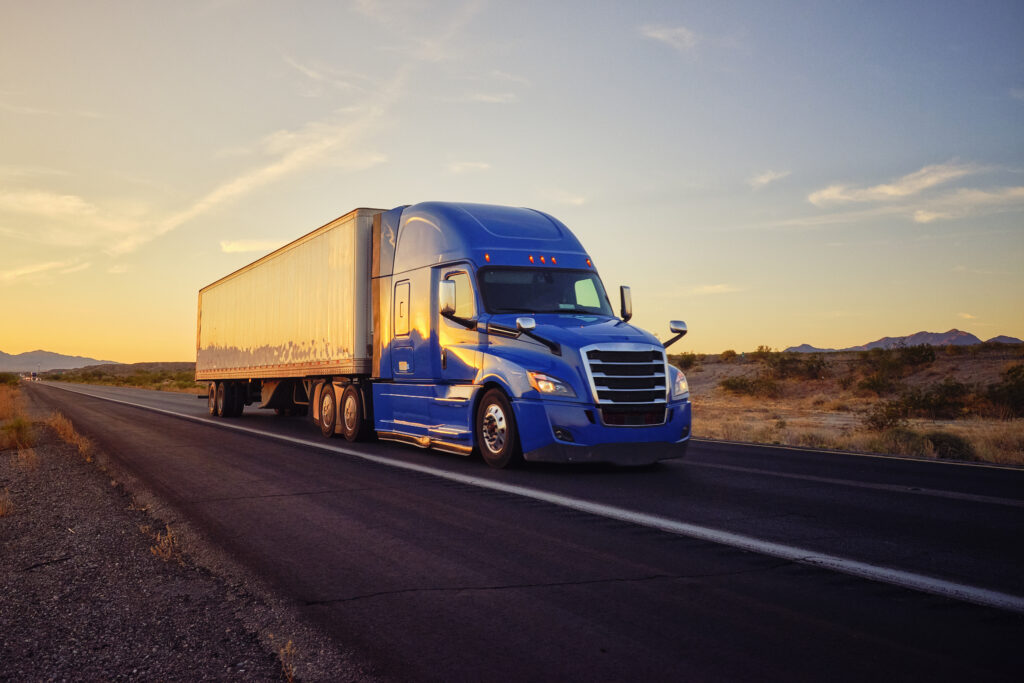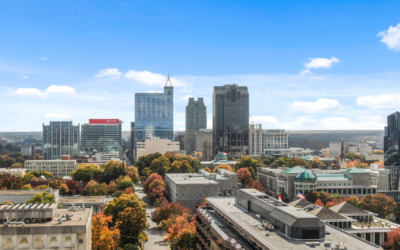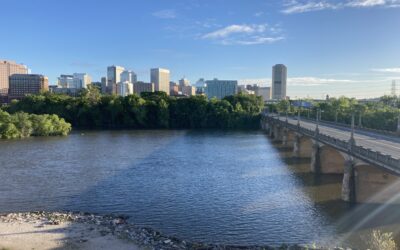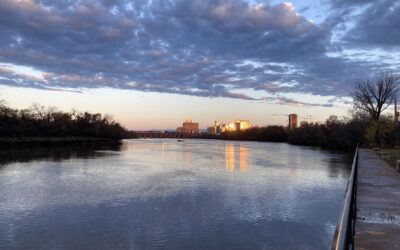Colorado Moving Guide

Considering a move to Colorado? You’re in good company! From the clear Rocky Mountains air, to the thriving tech scene in Denver and Boulder, there are plenty of reasons to get out to Colorado. We walk through a few of them, below:
What should I know about moving to Colorado?
There are many things to consider before moving to Colorado. Here are some of the most important factors to keep in mind:
1. Cost of Living: Colorado’s cost of living is significantly higher than the national average. Housing costs are particularly high in cities like Denver and Boulder.
2. Outdoor Recreation: Colorado is known for its unparalleled outdoor recreation opportunities. From skiing and snowboarding to hiking and mountain biking, there are plenty of ways to get active in Colorado.
3. Weather: Colorado has a semi-arid climate with low humidity and plenty of sunshine. However, the state’s high elevation means that temperatures can fluctuate dramatically, even within a single day.
4. Job Market: Colorado’s job market is strong, particularly in industries like technology, healthcare, and education. Denver is the state’s economic hub and has a particularly thriving job market.
5. Culture: Colorado is a welcoming and vibrant state with a rich history and diverse population. It’s known for its laid-back, outdoorsy culture and commitment to sustainability.
6. Education: Colorado has a strong public education system, with many highly regarded universities and colleges located throughout the state.
Overall, if you’re looking for a high quality of life, stunning natural beauty, and a strong job market, Colorado could be the perfect place for you to call home.
Why are people moving to Colorado?
There are many reasons why people are moving to Colorado. Some of the main reasons include:
1. Natural beauty: Colorado is known for its scenic mountains, breathtaking landscapes, and world-class skiing and hiking destinations. People often move to Colorado to enjoy the outdoors and take advantage of the state’s natural beauty.
2. Growing economy: Colorado has a diverse and growing economy, which provides ample job opportunities across various industries.
3. Mild climate: Colorado enjoys a mild climate with plenty of sunshine, which attracts people who enjoy outdoor activities and a healthy lifestyle.
4. Cultural attractions: Colorado is home to many cultural attractions, including museums, theaters, festivals, and concerts. These draw people who are interested in arts, music, and entertainment.
5. Quality of life: Colorado consistently ranks high on lists of best places to live due to its high quality of life, low crime rate, good schools, and strong sense of community.
How many people are moving to Colorado each year?
According to the latest data from the US Census Bureau, Colorado has experienced a population growth rate of approximately 1.5% per year over the past few years. In 2019, the estimated population of Colorado was 5.76 million people. Additionally, Colorado has consistently ranked as one of the top states in terms of population growth and domestic migration.
What cities in Colorado are seeing the most people moving to them?
According to recent data, Denver is consistently one of the fastest-growing cities in Colorado, with a population increase of over 12% since 2010. Other cities in Colorado that are currently experiencing population growth and an influx of newcomers include:
1. Colorado Springs – The second-largest city in Colorado has been experiencing significant growth in recent years, with over 13% population increase since 2010.
2. Boulder – Home to the University of Colorado, Boulder has an estimated population of nearly 110,000 people and is a popular destination for outdoor enthusiasts.
3. Fort Collins – Known for its breweries and thriving downtown scene, Fort Collins has experienced a population increase of nearly 18% since 2010.
4. Greeley – Located in northern Colorado, Greeley has seen an estimated 20% increase in population since 2010.
5. Thornton – A suburb of Denver, Thornton has seen an estimated 40% increase in population since 2010.
These cities offer a mix of urban and rural environments, a variety of job opportunities, and a high quality of life, making them popular destinations for people moving to Colorado.
What are the advantages to living in Colorado?
There are many advantages to living in Colorado, including:
1. Beautiful natural scenery: Colorado is known for its incredible natural scenery, with stunning mountains, lakes, and outdoor destinations like Rocky Mountain National Park, Garden of the Gods, and Mesa Verde National Park.
2. Outdoor recreation: As a result of all that beautiful natural scenery, Colorado is the perfect place for outdoor enthusiasts. You can ski, snowboard, hike, bike, fish, hunt, and more, all within a short distance of your home.
3. Great weather: Colorado has over 300 days of sunshine each year, making it a great place to enjoy the outdoors.
4. Vibrant cultural scene: Colorado has a thriving arts and culture scene, with excellent museums, music venues, and galleries.
5. Thriving economy: Colorado has one of the fastest-growing economies in the United States, with a diverse range of industries including technology, healthcare, energy, and agriculture.
6. Good education: Colorado has a great school system and is home to many excellent universities, including the University of Colorado and Colorado State University.
7. Friendly people: Coloradans are known for their friendly, welcoming attitude, and the state is home to a diverse population including Native Americans, Hispanics/Latinos, and other minority groups.
What are the disadvantages to living in Colorado?
There are a few potential disadvantages to living in Colorado:
1. High cost of living: Colorado’s popularity as a place to live has led to a higher cost of living, including expensive housing and goods.
2. Weather: Although it can be sunny and dry in Colorado, it also experiences extreme weather, including snowstorms and hailstorms. The mountains can also create difficult driving conditions.
3. Altitude: The high altitude in Colorado can be a challenge for some people, causing altitude sickness and other health issues.
4. Crowded cities: The major cities in Colorado, such as Denver, can be crowded and busy, with traffic and long commutes.
5. Limited water resources: Colorado is a relatively dry state, with limited water resources. This can lead to water shortages and restrictions on water usage.
What are taxes in Colorado like compared to other states?
Colorado is known to have a relatively moderate tax burden compared to other states. The state has a flat income tax rate of 4.63%, which is the same for all taxpayers regardless of income. Sales taxes generally range from 2.9% to 8.3%, depending on the local jurisdiction. Property taxes in Colorado are also relatively low compared to other states, with an average effective property tax rate of 0.57%.
However, it’s important to note that property taxes can vary greatly depending on the specific location and property value. Additionally, Colorado imposes a special tax on marijuana sales, which generates additional revenue for the state.
Overall, Colorado’s tax situation is generally considered to be fair and reasonable, with a moderate overall tax burden compared to other states in the US.
How are schools in Colorado compared to other states?
Overall, the quality of schools in Colorado is good compared to other states in the US. According to a 2021 report by Education Week, Colorado ranks 10th in the nation for K-12 education.
The state has a variety of school options, including traditional public schools, charter schools, and private schools. Colorado also has a strong network of top-rated universities and colleges, including the University of Colorado and Colorado State University.
It’s worth noting that school quality can vary by location, so it would be best to research specific neighborhoods or cities to get an idea of the local school options. You can also check out websites like GreatSchools.org to find reviews and ratings of schools in different areas of Colorado.
What is the weather in Colorado like?
Colorado has a wide range of weather conditions due to its elevation and location in the Rocky Mountains. In general, the state experiences a dry and sunny climate with low humidity. During the winter, temperatures can drop below freezing, and snowfall is common, particularly in the mountains. In the summer, temperatures can reach up to the 90s Fahrenheit, but it tends to be drier than in other parts of the country. It is important to note that the weather can vary significantly throughout the state, so it’s best to research the specific location to get a better understanding of its climate.
Good luck with your move!
We hope this list has helped! If you need any assistance with your long-distance moving needs, give us a call! We’re more than happy to make your move an easier one.







Recent Comments